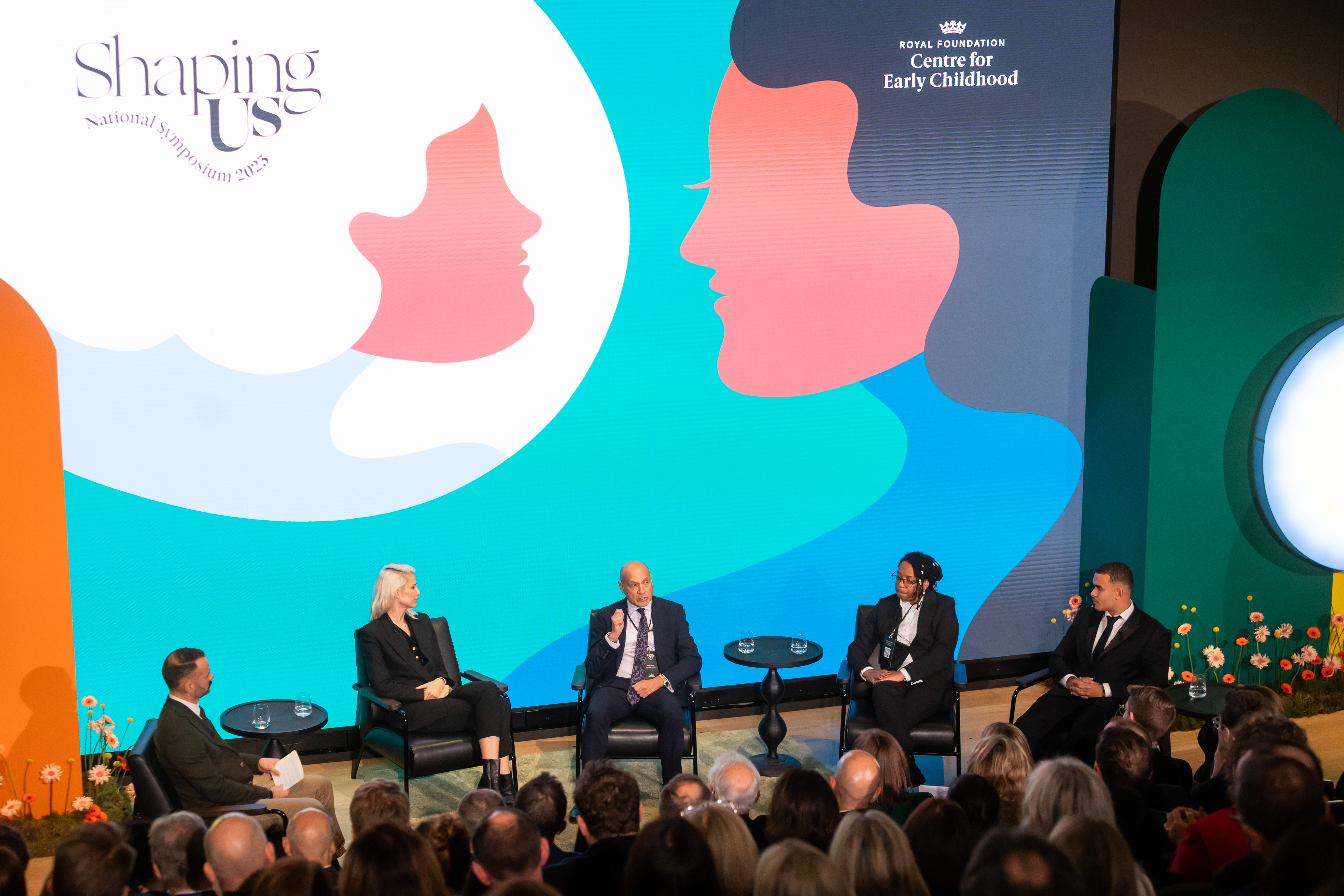
Since the announcement of plans to extend the early entitlement offers earlier this year, we’ve seen journalists, thinktanks, politicians and a whole host of other previously-uninterested parties suddenly become deeply invested in the future of early years policy. And yet, for all the newly-intense focus on the early years, there is one vital piece of the puzzle that all too often is missing from discussions: the child.
Once again, we have found ourselves embroiled in debates about the sector that view the early years solely as ‘childcare’ – but where is the child in all this? Because when we look at the early years solely through the lens of ‘childcare’, we are by definition mentally positioning children as obstacles, as barriers to their parents returning to work, an inconvenient problem to be solved – and we lose focus on their rights as young citizens: the right to quality early years care and education and to happy, healthy childhoods.
It is for this reason that I was so pleased to be invited to speak as part of the Princess of Wales’ and Royal Foundation Centre for Early Childhood’s first ever National Symposium in London this week: an event that focused wholly and exclusively on the needs of the child – and specifically, their social and emotional development.

Neil Leitch (centre) on the panel at the Shaping Us National Symposium on 15 November 2023 PHOTO Andrew Parsons/ Kensington Palace
Of course, we in the early years know how vital this area of development is. We know that social and emotional skills are absolutely fundamental to a child’s future health and well-being, and that they influence everything from our ability to form positive relationships to our capacity for learning and working, from our physical and mental health to our ability to cope with adversity. And we know that while social and emotional growth continues throughout our lifetimes, it is in the early years that the vital foundations are laid.
But while this may seem obvious to those in the sector, after the events of the past few years, it has never been more critical to ensure that this understanding is shared more widely.
Back in 2021, we launched a survey asking the sector if they felt Covid-19 was having an impact on children’s learning and development – and the results were stark. 74 per cent of respondents said that they had observed negative changes in the learning and development of under-twos, and of those, 94 per cent reported negative changes in the area of personal, social and emotional development. As put by one respondent: 'Some two-years-olds joining us this term have never left their own house. From the perspective of a developing brain, that is potentially a long-term catastrophe.'
The lasting impact of the pandemic of young children simply cannot be underestimated. Children were, by necessity, kept indoors away from friends and family during their most formative years, many living in households where adults were forced to juggle caring responsibilities with full-time work.
And there is no doubt that we are seeing the impact of this day. Providers across the country report a huge increase in the number of children displaying additional needs or behavioural challenges. As put by one provider recently: “I love working with children, but after the Covid pandemic, there has been a clear change in their behaviour, social[isation], emotions and language.”
I’ve seen firsthand the work that early educators do day-in and day-out to nurture and support children’s social and emotional development, and I know the difference it makes. It is no exaggeration to say that the work we do in the early years changes lives. But we need support to do so. We need investment that allows us to deliver the high-quality care and education that ensures that every child, without exception, gets the best possible start in life. We need policies that recognise the value of the unique relationship between educator and child in the early years, and that encourage and prioritise high-quality interactions and attachments, and consistency of care and education.
There’s no doubt that there is a long way to go – but conversations like the ones I saw taking place at the Symposium give me hope. The more of us who come together with a single common purpose – to ensure that the child is at the heart of everything we do in the early years – the more likely we are to achieve this goal. We aren’t there yet, far from it, but it’s an excellent place to start.









